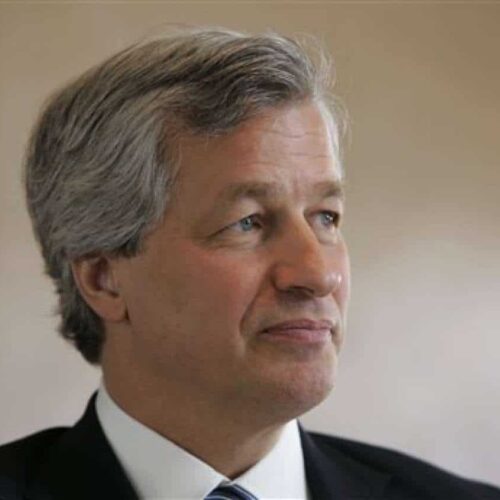Introduction
A daily round-up of analyses, columns and news related to the dodd-Frank financial reform law.
JPMorgan complains – Need further evidence that financial reform stifles growth? Just look the recent headlines announcing weak economic growth, slow hiring, and increased unemployment, JPMorgan Chase & Co. CEO Jamie Dimon told Federal Reserve Chairman Ben Bernanke.
Dimon, a critic of many of the Dodd-Frank reforms, asked Bernanke at a financial conference in Atlanta whether anyone had studied the effect that stricter banking regulations had on economic growth. Bernanke responded, “I can’t pretend that anybody really has. You know, it’s — it’s just too complicated. We don’t really have the quantitative tools to do that.”
The concern that banks may face new costs in order to comply with Dodd-Frank regulations has been repeatedly raised by House Republican lawmakers, but Dimon’s comments marked the first time a major bank executive sounded off on the issue. Bloomberg has a clip of the Bernanke-Dimon exchange here.
Interim derivatives rules – The Commodity Futures Trading Commission promised to soon clarify its timeline for finalizing regulation of the multi-trillion-dollar derivatives market, the Wall Street Journal reports.
At a Tuesday public meeting, CFTC members will discuss whether to allow the derivatives market to operate as usual until regulators finalize the rules, which won’t be ready by the July deadline.
Directors’ liability Low – Corporate directors and officers rarely face personal liability for mismanagement of a company because standards for finding them liable are so high, writes a New York Times commentator. And even in the cases where they are found liable, officer and directors’ insurance will pay their costs so that most escape scot-free.
The Dodd-Frank Act does little to change the status quo. Its main provision concerning personal liability fines executives or board members two years of compensation if a “too big to fail” institution collapses, but this is a “weak penalty,” says Steven Davidoff, a law professor at the University of Connecticut. Since 1980, there have been only two instances of Delaware-based company directors being required to personally pay for their misconduct. Most U.S. companies are incorporated in Delaware.
Read more in Inequality, Opportunity and Poverty
State Integrity 2012
State Integrity Investigation highlighted ethics problems plaguing Virginia and its governor
Financial Reform Watch
New Jersey: Best score in the country
With a B+, the Garden State receives the highest score in the U.S., an 87

Join the conversation
Show Comments